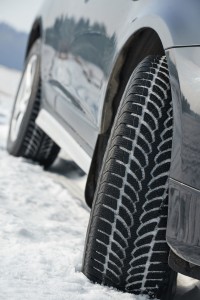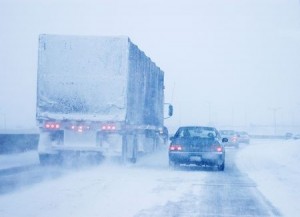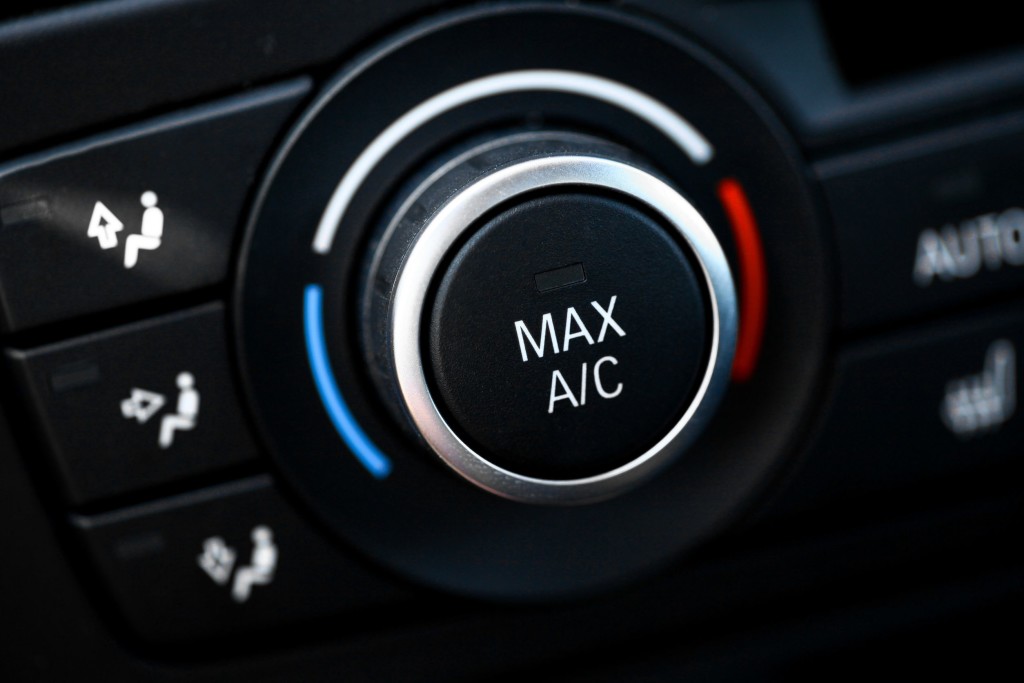The Benefits and Drawbacks of Snow Tires
 As winter weather continues to set in, drivers have a big decision to make. Should they equip their car with snow tires? Snow tires, as the name implies, are designed to provide you with a better driving experience in wintery conditions. That said, there are some drawbacks to equipping your car with snow tires. Below, we explain the benefits and drawbacks of snow tires.
As winter weather continues to set in, drivers have a big decision to make. Should they equip their car with snow tires? Snow tires, as the name implies, are designed to provide you with a better driving experience in wintery conditions. That said, there are some drawbacks to equipping your car with snow tires. Below, we explain the benefits and drawbacks of snow tires.
Benefits of Snow Tires
Enhanced grip – Winter driving usually means you are traversing over ice and snow, and snow tires are designed to provide a better grip on these surfaces. Snow tires are softer and have deeper treads than all-season tires, enhancing their grip on the road. Although they improve grip, they aren’t the best in summer when road conditions are ideal, as the softer design and deeper treads create more drag, reducing your fuel economy.
Better braking – If you’ve been driving in Minnesota long enough, you’ve experienced that panicky feeling when you hit the brakes and your car continues to slide along an icy road. Hopefully you were able to avoid a nasty fender bender, but the enhanced grip on snow tires also allows for better braking. That added braking ability can be the difference between stopping in time or ending up in an accident.
Drawbacks of Snow Tires
Wear down quickly – Although they are built to handle the winter weather conditions, snow tires are comparatively fragile to their all season counterparts. If you use snow tires during ideal conditions you’ll notice that the tread wears down faster than normal. Additionally, the thick, studded design of some snow tires can damage the roads, creating potholes and problems for everyone else on the road.
Mental mindset – Sometimes snow tires give drivers a false sense of confidence during poor weather conditions. Snow tires help you grip the road, but that doesn’t mean you should do 65 on the highway in blizzard conditions. These tires help to minimize the effects of snow and ice, but they don’t fully compensate for their presence. Take it slow in bad weather even if you’ve swapped out the all season tires for a set of snow tires.
Related source: CarsDirect.com
-
Minnesota Hit With Worst Driving Conditions in Decades
 Feb 26, 2014
Feb 26, 2014We all know the weather in Minnesota can be a little rough, but the weather we experienced at the end of last week contributed to some of the worst driving conditions the state has ever seen. The storm came in Thursday afternoon and continued into Friday morning. Some areas of the state got more than […]
-
Why Is My Car’s Air Conditioner Blowing Warm Air?
 Jun 10, 2015
Jun 10, 2015The summer solstice is right around the corner, and that means temperatures will be creeping up into the 90s. If you haven’t already, it’s nearly time to turn your car’s system from winter heating to cold air conditioning for the summer. Air conditioning is one of life’s great luxuries that can turn a drive into […]
-
How to Extend the Life of Your Vehicle
 Aug 28, 2013
Aug 28, 2013We’re here to help fix your car if something goes wrong, but the best way to extend the life of your vehicle is by practicing good driving and maintenance habits. Below, we discuss some simple things you can do to squeeze every mile possible out of your car. On The Road – Certain driving habits […]




